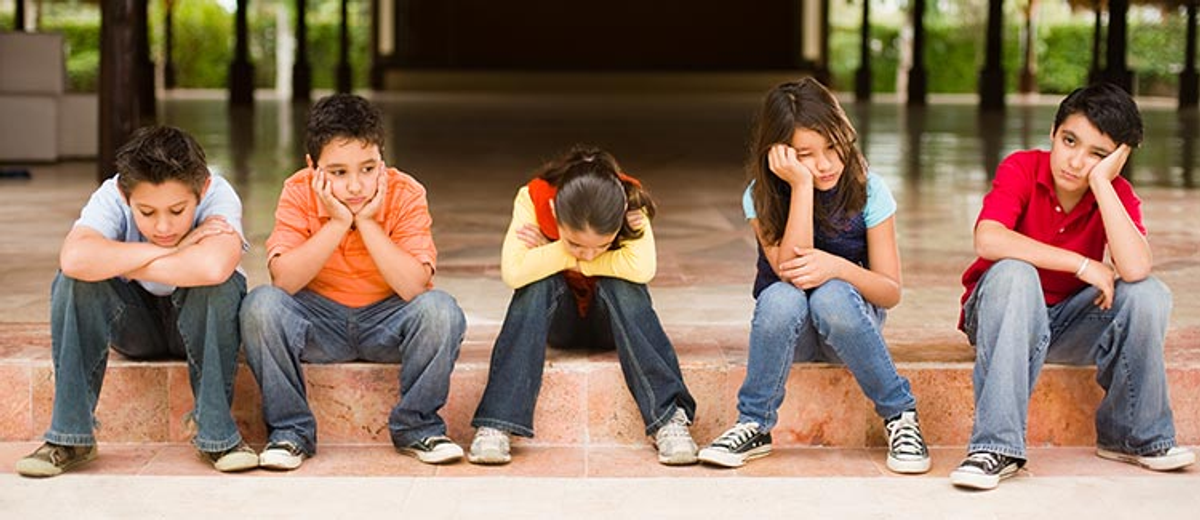Wellbeing

Do you scrunch your face in frustration when your hear your child mutter the dreaded phrase, “I’m bored”?
Take a deep breath and unclench your fists — guess what? Being bored is actually good for children and not a sign of bad parenting. Psychologists report children are bombarded with constant entertainment through technology, bedrooms full of toys and a schedule of activities that would make the Prime Minister’s head spin.
Where is the time to stare vacantly out of the window, daydream, or just sit and think clearly and calmly?
Research shows boredom, or the frustration that comes with not being engaged in anything at all, offers great benefits for children in particular. It allows the mind a moment to stop and rest, but ultimately boredom is the pathway to creative thinking and imaginative play.
A bored mind, it is argued, will seek something more interesting to do. Dr Helen Street, a social psychologist and creator of the Positive Schools Initiative, which promotes mental health and wellbeing conferences in primary and secondary schools, says children need to experience boredom more than ever before. “We are seeing a massive creativity deficit in kids. “A child’s school life is more structured than ever and from an earlier age than ever before,” Dr Street says.
“There is this idea that school is a race and the sooner you get started on it the better you’ll be. Then of course there is the advent of technology, which has taken over our lives in the past decade. It allows children to spend an awful lot of downtime passively engaged with screens and leaves kids with very little time for unstructured play.
“As a result we are seeing a massive creativity deficit in kids. People often mistake creativity with having an artistic skill, but that is not what we are talking about here.
“Creativity is important because it allows you to actively engage in life, to connect with people and pursue your passions. But to do that you have to learn to be self-directed.
An expert says technology is not the sole culprit for a lack of self-directed play in homes and schools.
“This is difficult for a child who has grown up having every demand met by their parents and every moment filled in with scheduled, structured activity, with little or no choice or control over what happens next.”
The value of boredom is not a new theory, famed philosopher Bertrand Russell pointed out the benefits as early as 1930 in his book The Conquest of Happiness, where he states “a child develops best when, like a young plant, he is left undisturbed in the same soil”.
“It allows a child to become so totally engrossed in their activity that time passes without them even noticing. It’s called being ‘in slow’ or ‘in the zone’ and it’s a wonderful feeling but, as parents, we don’t allow enough of it.”
By Mercedes Maguire, interview with Georgina Manning
Emma Claussen
Wellbeing & 3/4 Teacher

